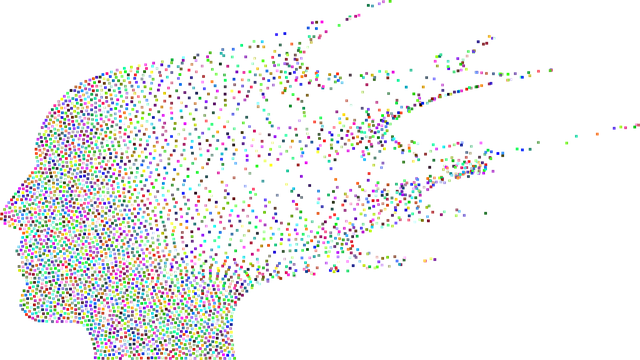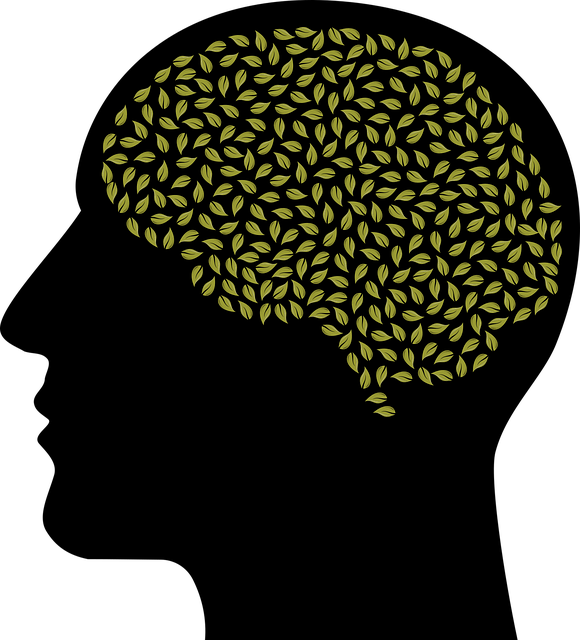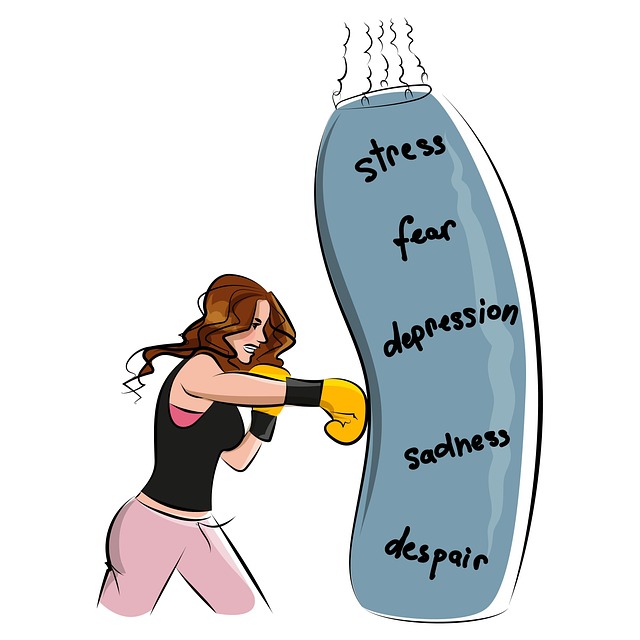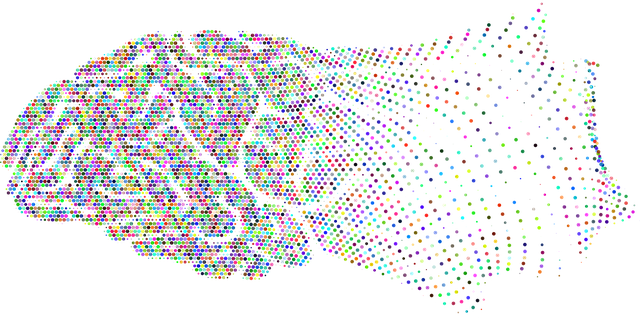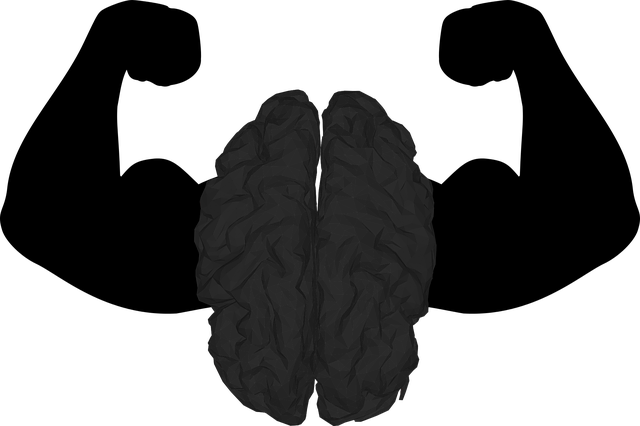Golden Exposure and Response Prevention (GERP) Therapy is an effective crisis intervention strategy that gradually exposes individuals to feared scenarios in a safe environment, teaching them to manage their responses and reduce emotional distress. This approach, proven successful for various conditions, aims to stabilize clients during crises, prevent long-term mental health deterioration, and foster resilience through active participation and coping skill development. By integrating GERP with mental health education and stigma reduction, this holistic method promotes healing, growth, and positive outcomes.
In moments of crisis, effective interventions can be life-saving. This article explores essential crisis intervention strategies, focusing on two powerful therapeutic approaches: Golden Exposure Therapy and Response Prevention. Understanding these techniques provides a framework for professionals to assist individuals in managing intense emotions and behaviors. By integrating Golden Exposure’s coping mechanism empowerment with Response Prevention’s relapse prevention, a comprehensive strategy emerges for navigating crises with greater resilience.
- Understanding Crisis Intervention: A Brief Overview
- Golden Exposure Therapy: Unlocking Coping Mechanisms
- Response Prevention: Preventing Relapse and Reinforcement
- Integrating Both Therapies: A Comprehensive Approach to Crisis Management
Understanding Crisis Intervention: A Brief Overview

Crisis intervention strategies are crucial components of mental health support, designed to provide immediate assistance during times of severe distress or traumatic events. It involves a rapid and effective response to individuals experiencing a crisis, aiming to stabilise them and prevent further deterioration. The primary goal is to offer a sense of safety, hope, and emotional relief while exploring practical solutions to address the underlying issues.
One evidence-based approach in crisis intervention is Exposure and Response Prevention (ERP) Therapy, which has proven effective for various mental health conditions. This therapy facilitates the individual’s gradual exposure to feared situations or memories while preventing habitual avoidance responses. By doing so, ERP helps individuals manage their emotions and anxieties more effectively, fostering better emotional regulation and promoting positive thinking. In line with these strategies, Mental Health Policy Analysis and Advocacy plays a vital role in ensuring accessible and comprehensive crisis intervention services are available to those in need, thereby reducing the impact of crises on individuals’ long-term mental health and overall well-being.
Golden Exposure Therapy: Unlocking Coping Mechanisms

Golden Exposure Therapy, also known as Golden Exposure and Response Prevention (GERP) Therapy, is a powerful crisis intervention strategy that focuses on helping individuals confront their fears and anxiety triggers in a safe and controlled environment. This therapeutic approach aims to unlock coping mechanisms by gradually exposing clients to stressful or traumatic situations, thoughts, or memories they have been avoiding. Through this process, individuals learn to manage and reduce the intensity of their emotional responses, eventually building resilience and boosting confidence.
The therapy encourages active participation where patients are guided to face their fears, challenge negative beliefs, and practice new coping skills. This can include various techniques such as mental imaging, visualization exercises, and real-life exposure scenarios. For instance, a person with social anxiety might be encouraged to engage in conversations or public speaking exercises, helping them develop effective strategies to manage their symptoms. In conjunction with other activities like Mental Wellness Journaling Exercises and Coping Skills Development, Golden Exposure Therapy offers a comprehensive approach to fostering mental wellness and resilience during crises.
Response Prevention: Preventing Relapse and Reinforcement

One effective strategy within crisis intervention is Response Prevention, which aims to prevent relapse and reinforce positive behaviors. This approach, often used in Golden Exposure and Response Prevention Therapy, involves guiding individuals through gradual exposure to stressful or traumatic situations, while teaching them alternative responses. By facing their fears in a safe environment, patients can learn to manage their reactions and develop healthier coping mechanisms.
The process begins with identifying the individual’s triggers and creating a structured plan. Mental health professionals then facilitate a series of controlled exposures, helping clients stay within their comfort zone and avoid escape or avoidance behaviors. This therapy focuses on reducing the mental illness stigma by teaching individuals that they can regain control over their lives. Through this practice, compassion cultivation can also be fostered, as patients gain a deeper understanding of their own resilience and the ability to extend kindness towards themselves and others.
Integrating Both Therapies: A Comprehensive Approach to Crisis Management

In the realm of crisis intervention strategies, a comprehensive approach integrates various therapeutic techniques to effectively manage mental health crises. One powerful combination is Golden Exposure and Response Prevention Therapy (GERP), which has gained prominence in recent years. GERP involves gradual exposure to stressful situations or triggers while simultaneously preventing any harmful responses or behaviors that may have developed as coping mechanisms over time. This dual-pronged approach not only helps individuals confront their fears but also empowers them to develop healthier ways of managing stress and anxiety.
By combining mental health education programs designed around GERP with efforts to reduce the stigma associated with mental illness, professionals can create a supportive environment that fosters healing and growth. Moreover, risk management planning becomes more effective when these strategies are incorporated into the care framework. This holistic method not only addresses immediate crisis needs but also paves the way for long-term recovery by breaking down barriers and promoting positive mental health outcomes.
In conclusion, crisis intervention strategies, such as Golden Exposure Therapy for unlocking coping mechanisms and Response Prevention to prevent relapse, offer a powerful combination for effective crisis management. By integrating these therapies, mental health professionals can provide comprehensive support, enabling individuals to navigate and overcome challenging situations. This approach ensures a more robust and tailored strategy, ultimately enhancing the well-being of those in crisis.

